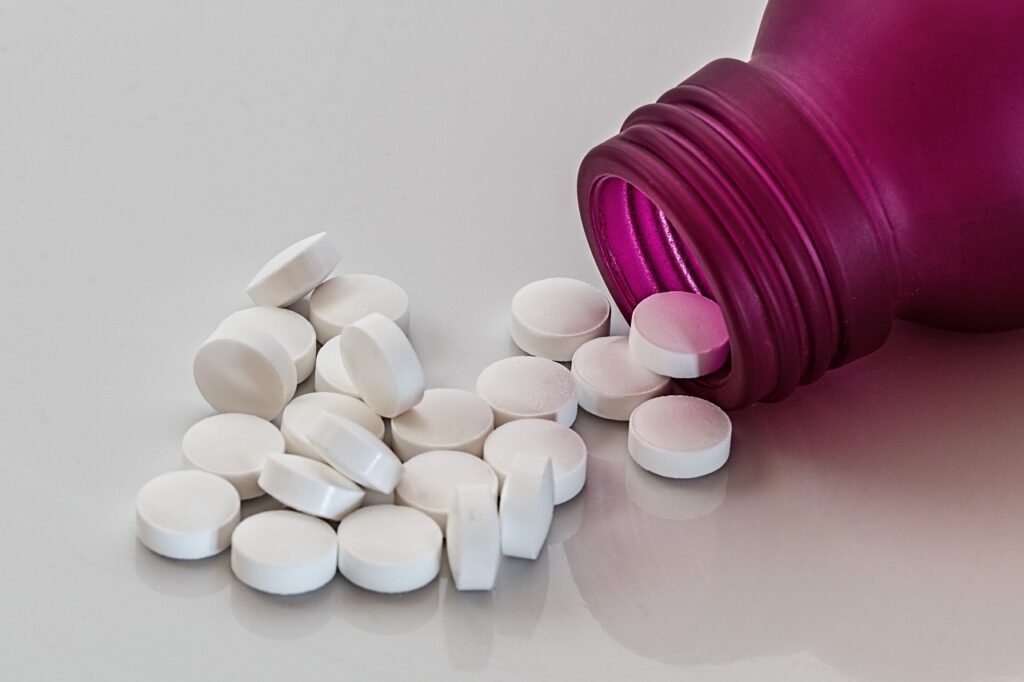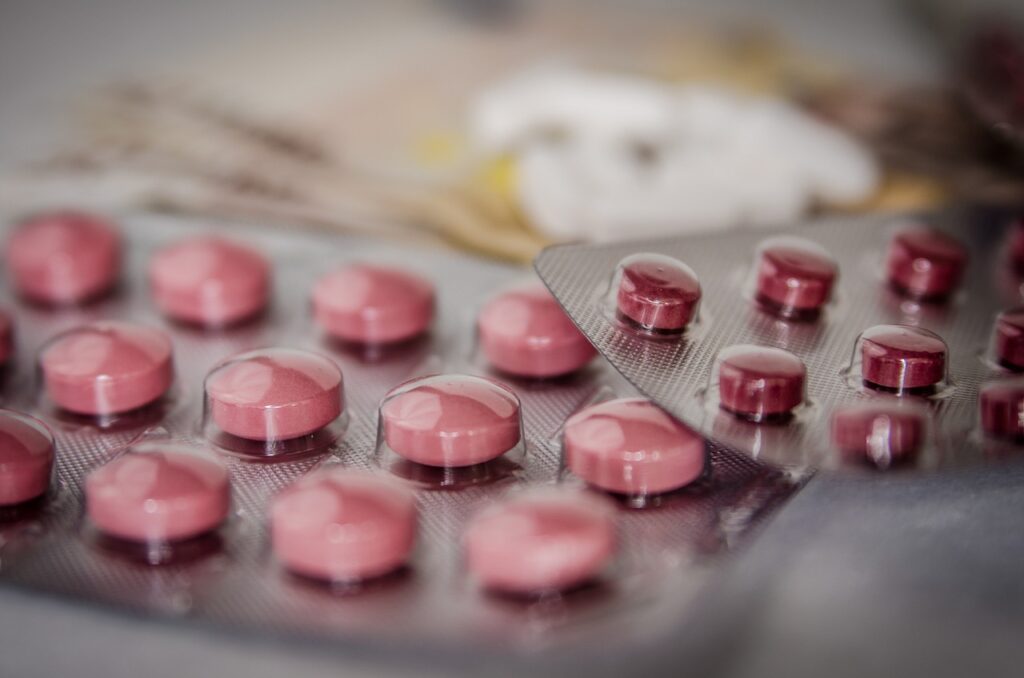20+ Years Experience
Specialist Inpatient Rehabilitiation

Binge drinking is a term that is often thrown around casually in conversations about weekend escapades or college parties.
But do we truly understand the serious implications of this prevalent behaviour?
This blog post aims to shed light on the reality of binge drinking, its consequences, and the steps that can be taken to prevent and overcome it.
We will delve into the definition of binge drinking, the factors contributing to its prevalence, and its impact on both physical health and mental health.
By understanding the distinction between binge drinking and alcohol use disorder, we can better recognise the potential progression to alcoholism and explore strategies to prevent and stop this harmful behaviour.
Binge drinking is not just about having a few drinks with friends; it is the consumption of a substantial amount of alcohol in a brief period, resulting in a high blood alcohol concentration (BAC) and potential health risks.
Indications of binge drinking include:
The potential health risks associated with binge drinking are numerous and far-reaching.
Alcohol consumption can have a significant impact on several organ systems, such as those responsible for neurological, cardiovascular, gastrointestinal, haematological, and immunological functions.
It also increases the risk of alcohol-related psychiatric disorders and dependence.
Immediate physical repercussions of a binge drinking session include headache, nausea, weakness, and diminished sleep quality.
Blood alcohol concentration (BAC) is the percentage of alcohol in a person’s blood, with binge drinking typically resulting in a BAC of 0.08% or higher.
This threshold defines binge drinking, as typically results from consuming a large amount of alcohol in a short period.
It is crucial to understand the implications of reaching such a high BAC, as it can lead to severe consequences.
Not only does it impair cognitive functions, but it also puts the individual at risk for alcohol poisoning and other life-threatening conditions, which we will discuss further in the following sections.
High-intensity drinking takes binge drinking a step further, involving drinking at levels twice or more than the gender-specific threshold for binge drinking.
This equates to eight or more drinks for women and ten or more drinks for men on a single occasion.
This extreme form of alcohol consumption is most common among young adults aged 21 and attending college.
The risks associated with high-intensity drinking are even more severe than those of regular binge drinking.
Excessive alcohol consumption can lead to life-threatening health and safety consequences, including high blood pressure and long-term health problems.
Binge drinking is an alarmingly widespread issue.
Factors that contribute to binge drinking behaviour include:
Many turn to alcohol as a form of self-medication. Anxiety, depression, and stress are often the underlying causes behind such behaviour.
However, it’s crucial to note that alcohol is a depressant, ultimately worsening the situation.
Alcohol’s ability to reduce inhibitions and induce relaxation can also lead individuals to turn to binge drinking as a way of coping with social anxiety.
Research has indicated that up to one-third of adolescents engage in binge drinking, with 6% meeting the criteria for an alcohol-related substance use disorder, which includes drug and alcohol dependence.
Factors contributing to binge drinking habits include:
Socioeconomic and family factors, such as poverty, lack of parental supervision, and a family history of alcohol abuse, can contribute to binge drinking.
Peer pressure also plays a significant role, as adolescents may feel compelled to drink alcohol in order to be accepted by their peers.
Stress and coping mechanisms may lead individuals to use alcohol as a means of coping with stress or difficult emotions.
The availability and accessibility of alcohol, as well as a lack of education and awareness, can also contribute to binge drinking.
Binge drinking increases your risk of a number of issues. Negative effects if you binge drink, include:
Alcohol misuse can have serious consequences.
Underage or adolescent binge drinking is particularly concerning, as it can lead to academic difficulties and engagement in other risky activities involving substances.
Alcohol misuse caused almost 21,000 deaths in the UK in 2021. To limit alcohol-attributable deaths, the UK is trying to combat underage drinking and excess drinking.
Alcohol poisoning is an extremely dangerous consequence of excessive binge drinking. Indications of alcohol overdose include:
Pregnant women who engage in binge drinking put their unborn child at risk for fetal alcohol syndrome and fetal alcohol spectrum disorders.
If you suspect someone is experiencing alcohol poisoning, do not hesitate. Place them on their side in the recovery position and call 999 for an ambulance as soon as possible.
Prompt action can make a significant difference in the outcome for the individual experiencing alcohol poisoning.
Binge drinking can have a detrimental effect on mental health, leading to alterations in emotional competence, increased negative emotions, and exacerbating existing mental illnesses like depression and anxiety.
Excessive drinking can exacerbate symptoms associated with depression and anxiety.
The ramifications of excessive alcohol use extend beyond physical health and can negatively impact mental health as well.
It is vital for individuals struggling with binge drinking to be aware of these consequences and seek help in addressing their alcohol use.
Binge drinking and alcohol use disorder (AUD) are distinct but related issues.
Binge drinking is classified as the ingestion of a substantial quantity of alcohol in a brief span of time, usually five or more beverages within two hours for men and four or more beverages within two hours for women.
On the other hand, alcohol use disorder is a chronic relapsing brain disease characterised by an uncontrollable compulsion to use alcohol, an inability to maintain control when drinking alcohol, and a negative emotional state when not using.
Binge drinking can lead to alcoholism if practised over an extended period.
Recognising the progression from binge drinking to alcohol abuse is essential for understanding the potential risks and addressing the issue before it becomes a severe problem.
As tolerance to alcohol builds, one may find that an increased amount of alcohol is necessary to achieve the desired effects.
Drinking alcohol may become more frequent, with fewer days between sessions. Furthermore, alcohol use can consume more of one’s time and energy, leading to physical and mental health issues.
Ultimately, this necessitates taking serious steps to address the drinking problem.
The progression from binge drinking to alcoholism may be affected by various elements, including genetics, environment, and personal circumstances.
Recognising these factors and addressing them early on can help prevent the development of alcohol abuse and its associated consequences.
Preventing and stopping binge drinking involves managing alcohol intake, seeking support, and addressing underlying issues.
Strategies for managing your drink include establishing limits, pacing oneself, and resisting peer pressure.
Support and treatment options for binge drinking include therapy, medication, and mutual support groups, such as Alcoholics Anonymous or SMART Recovery.
By implementing these strategies, individuals can take control of their alcohol use and reduce the negative consequences associated with binge drinking.
Setting limits and sticking to them is an essential strategy for managing your drinking. When one exceeds their set limit for drinking, they may find it more difficult to cease.
Pacing oneself during a social event and resisting peer pressure to consume additional alcohol can also help prevent binge drinking.
If you still have an inclination to conform with a group of friends who are consuming alcoholic beverages, you could opt to have a non-alcoholic drink.
It may also be prudent to steer clear of individuals who exert pressure and those prone to excessive alcohol use.
Therapy, medication, and mutual support groups are all potential options for those seeking support and treatment for binge drinking.
Treatment tends to be more beneficial when addressing undesirable patterns of drinking in a timely manner.
Resources for alcohol addiction include:
Helping someone struggling with binge drinking involves:
These actions may be beneficial in supporting someone on their journey to recovery.
As a supporter, your role is to remind them of the promises they have made and provide gentle encouragement in the correct direction.
It’s crucial to be patient and understanding while helping someone overcome binge drinking.
Choosing the right moment to discuss binge drinking is crucial. It is imperative to select a time when the individual is not intoxicated and is in an atmosphere conducive to conversation.
Approach the conversation with respect and honesty, expressing your concern for the individual’s well-being and safety.
Anticipate resistance when beginning the dialogue. The individual may be guarded or deny that they have an issue.
Remain patient and understanding, and keep in mind that the purpose is not to sermonise, intimidate, or penalise them, but simply to indicate your concern.
Supporting a loved one’s recovery from binge drinking involves creating a plan, setting a positive example, and being there during times of stress.
Educate yourself about the consequences of heavy drinking, comprehend the hazards associated with it, and become aware of the indicators of poisoning from alcohol.
Offer non-judgmental support by attentively listening without criticism, validating the individual’s emotions, and providing emotional aid.
Encourage professional help by suggesting that the individual seek assistance from a medical practitioner or counsellor, offering to accompany them to their appointments, and aiding them in locating resources.
In conclusion, binge drinking is a prevalent and dangerous issue that can have severe consequences on both physical and mental health.
By understanding the factors contributing to binge drinking, recognising the signs, and seeking support and treatment, individuals can take control of their alcohol consumption and reduce the negative impact on their lives.
Whether you’re struggling with binge drinking yourself or supporting a loved one in their journey to recovery, remember that change is possible.
With dedication, patience, and the right strategies, anyone can overcome binge drinking and live a healthier, more fulfilling life.
Binge drinking is defined as consuming 5 or more alcoholic drinks in a single drinking session for men, or 4 or more drinks on one occasion for women.
This involves reaching a blood alcohol concentration (BAC) of 0.08 per cent or higher.
This pattern of drinking can have serious adverse health consequences and should be avoided.
Binge drinkers usually have an occasional, excessive consumption of alcohol that does not generally reflect a preoccupation with alcohol or a physical need for it.
Alcoholism is characterised by an inability to stop drinking once started and can have significant physical and psychological consequences.
Alcoholism is a serious problem that can have long-term effects on a person’s health, relationships, and career.
It is important to note that drinking heavily can develop alcohol dependence.
Binge drinking involves consuming a large amount of alcohol in a short period, while alcohol use disorder is a chronic condition characterised by compulsive alcohol use and an inability to control consumption.
Alcohol use disorder can have serious consequences, including mental health problems, health risks, financial difficulties, and relationship issues.
It is important to recognise the signs of alcohol use disorder and seek help if needed.
Drinking can have serious health implications, such as adverse effects on various organs, an increased risk of mental disorders, and alcohol dependence.
To help someone struggling with binge drinking, start a conversation, be supportive and encourage recovery.
Having 2-3 drinks a day can harm your liver.
It is advised to count the units of alcohol you consume in an attempt at preventing chronic disease and other problems.
If you drink heavily, you will see that there are a number of risks associated with this. Binge drinkers may experience the following effects:
There are a range of other services that we can provide. Have a look at the list below for more information:




















We Aim To Reply To All Enquiries With-in 24-Hours